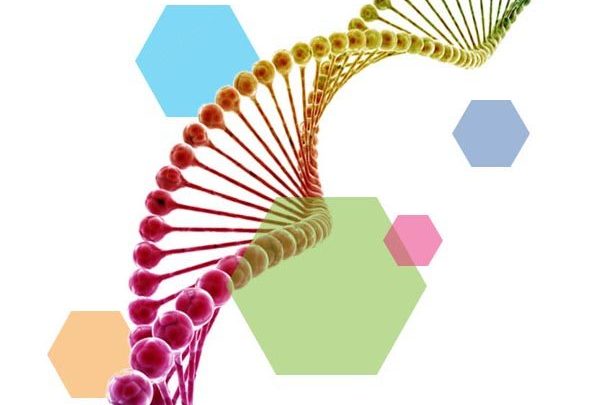In GSD6 the defective enzyme prevents glucose from being properly extracted from liver glycogen. Therefore glycogen continues to build up in the liver. This accounts for the enlarged liver and swollen abdomen and produces symptoms of low blood sugar.
Periods of low blood sugar in GSD6 are milder than in other GSDs as people with GSD6 can also make glucose from protein.
Initial symptoms can vary, common childhood symptoms are: a swollen abdomen due to an enlarged liver, a history of poor growth or short stature, frequent feeding – always hungry, episodes of low blood sugar (hypoglycaemia) on fasting, and excessive tiredness following activity.
However, with good dietary management, people wih GSD6 can lead a normal life, can have unaffected children and should live into old age.
Potential complications in later life can include cirrhosis (scarring) and/or adenomas on the liver. Pregnancy should be closely monitored. Those affected by GSD6 may find their symptoms lessen as they become adults. We generally need less energy as we get older because we are not growing.

| Other names |
Liver phosphorylase deficiency |
| Affected | Liver |
| Inheritance | Autosomal recessive |
| Incidence |
Unknown, but very rare |
| UK diagnosed |
About 50 (UK diagnosed explained) |
| Symptoms |
Swollen abdomen, poor growth, frequent feeding, low blood sugar, excessive tiredness after activity. |
| Secondary symptoms |
Cirrhosis and/or adenomas of the liver. |
| Treatment |
Frequent small meals and uncooked cornstarch to normalise blood glucose. |
| Outlook |
Improves with age; most adults do not have any related health problems. |
How can we help?
Diagnosis & Follow up
Symptoms, Cause, Diagnosis & Management Guidelines
Information & Support
Coordinator, Support, Map of patients, GSD and Me web site
Activity & Exercise
Nothing available in this section yet
Research & Development
Link to research papers
Read some personal stories
Do you have an interesting personal story to tell? Just message us or visit the Notes for contributors.


